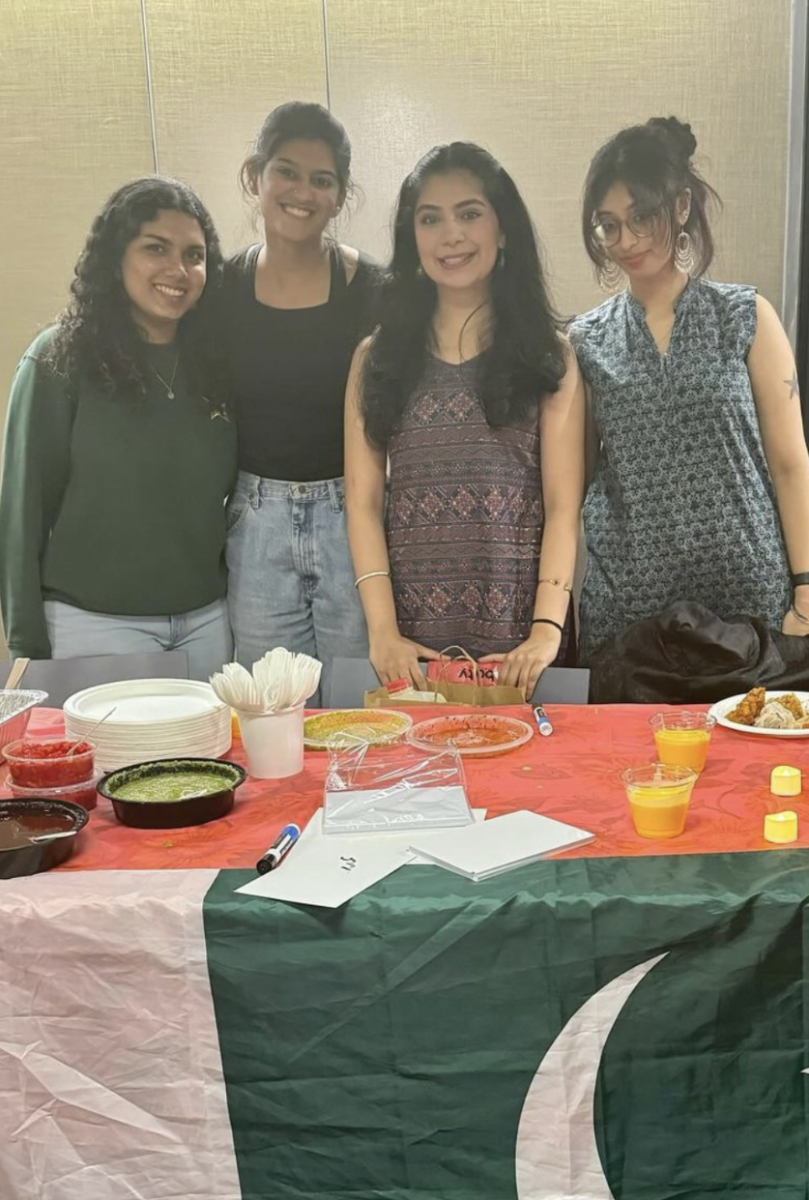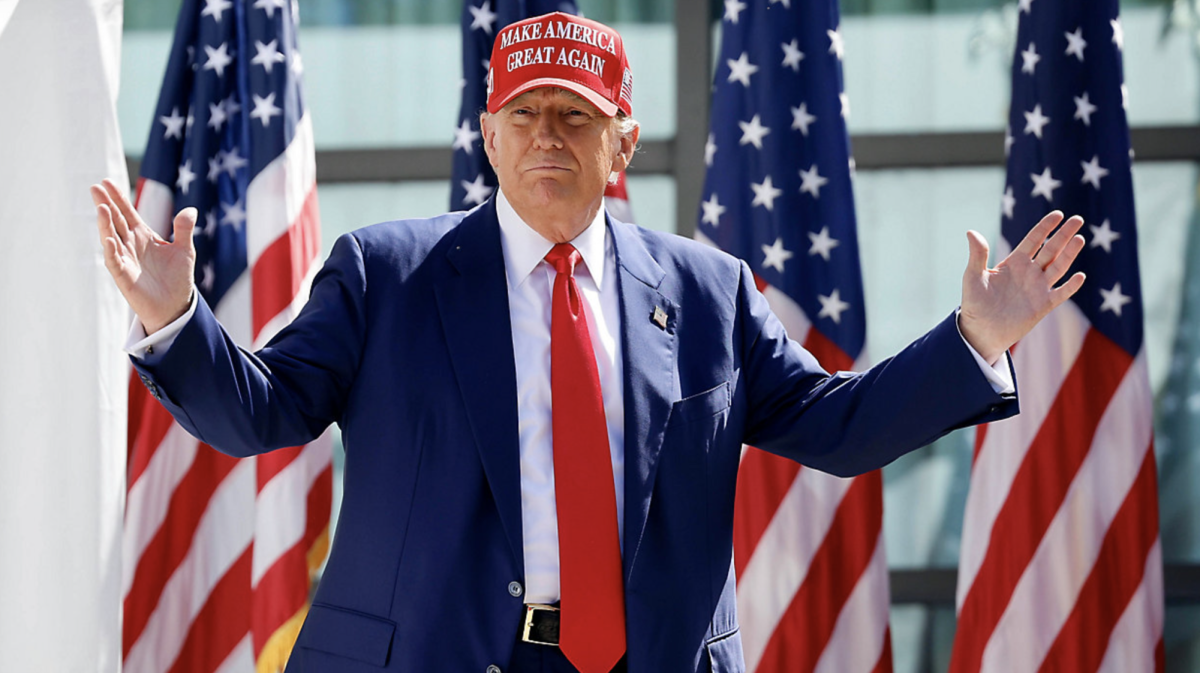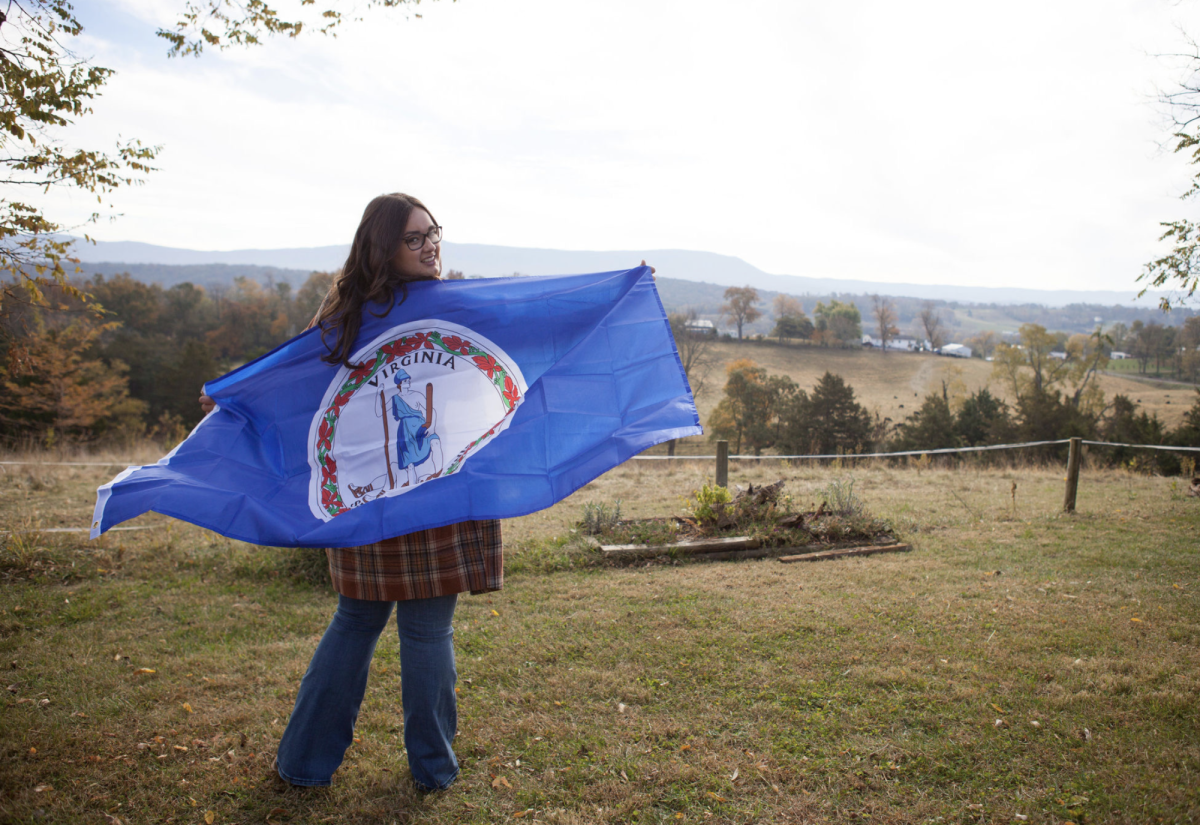Wellesley for Life (WFL) leaders advertised their organization through a post on the Wellesley College Class of 2025 Facebook group on Friday, Sept. 10th, just over a week before the College’s 2021 Orgs Fair. However, according to the post creator, Grace Park ’24, the anti-abortion group received some backlash in the comments section, especially involving its timing just one week after the passing of Senate Bill 8 in Texas, which effectively banned abortions in the state.
WFL is fairly new to campus; on Nov. 23, 2020, the group’s Facebook page announced their approval to be an official Wellesley College student organization, stating, “We are so proud to be a part of a community that welcomes and embraces a diversity of perspectives.”
In the past, the org has hosted guest speakers like Abigail Young, who is the New English regional coordinator of students for life of America and has welcomed anyone to attend meetings or join the organization itself, regardless of their stance on abortion. Both presidents, Faodice Bishaze ’23 and Lizzie Um ’23, declined to be interviewed for the article, citing the organization’s recent creation. Many members of the Wellesley community, however, do not view the organization as welcoming. Sophia Meier ’22, one of the first people to comment on the WFL Sept. 10 post, explained how she felt when she first heard about the group’s existence in Fall 2020.
“I was … shocked and so surprised that we had a group like that on this campus, because everyone that I had ever encountered here had been vehemently pro-abortion,” Meier said.
Similarly, fellow student and commenter Linh Dieu ’25 reacted with “disheartened” feelings. While Dieu respected the org’s “open[ness] to conversation,” she identified an area of concern.
“I fear that the org’s presence on campus, especially bringing in speakers for their seminars, … could trigger some members of our community if they have had … personal experiences with abortions — even if these meetings are on an opt-in basis,” Dieu said.
Alexandra Brooks ’23, another commenter who identified this concern, described feeling “outrage” when she saw the group’s Facebook post.
“The fact that [WFL] is allowed to exist on this campus is incredibly harmful … to a lot of Wellesley students … because [WFL]’s whole purpose as an org, same with the pro-life movement, is to control and police other people’s bodies, regardless of how many floral graphic designs you make,” Brooks said.
The debate surrounding abortion has been controversial in American politics since the Supreme Court handed down their landmark decision for Roe v. Wade in 1973.
Taken from the Quickening Doctrine, abortion was a common and completely legal practice at any time before fetal movement is felt by the pregnant person. Any abortions performed after this period, (known as “the quickening”) were merely considered misdemeanors.
Most abortions and other pregnancy-related medical practices were performed by midwives, effectively removing (male) doctors from the field altogether. In an attempt to obtain absolute authority in the medicinal field over competing healers, physicians began lobbying for anti-abortion laws, which were enacted in every single state by the year 1900.
The anti-abortion movement quickly garnered attention by small groups of Catholics, but with the law on their side, there wasn’t much incentive left to attract newcomers to the crusade.
Although the anti-abortion movement wasn’t founded on religious ideology, it quickly became synonymous with more fundamentalist sects of Christianity. The aftermath of Roe v. Wade solidified this connection, as the faces of the newly rebranded pro-life movement were those of Christian leaders, including the Catholic pope following the decision, Pope John Paul II.
Today, the debate continues to be drawn along religious lines, which as Meier said, “toys this line of religious freedom … There are many religions where abortion is an acceptable thing.”
Even in light of such a polarizing issue, every commenter emphasized their commitment to respecting the beliefs of everyone in the community. But at the end of the day they still felt the need to speak out, as Dieu explained, she feels she must persist in her response to the movement.
“I must continue to advocate for my rights as a human being, as a person who relies on reproductive healthcare, as a person who could get pregnant, and as a person who may need such services in the future … not only for me, but for the people I care about and those around me,” Dieu said.
Correction 11/4/21: A previous version of this article incorrectly stated that Grace Park ’24 was the co-president of Wellesley for Life, along with Lizzie Um ’23. Park is not the co-president but the publicity chair.





